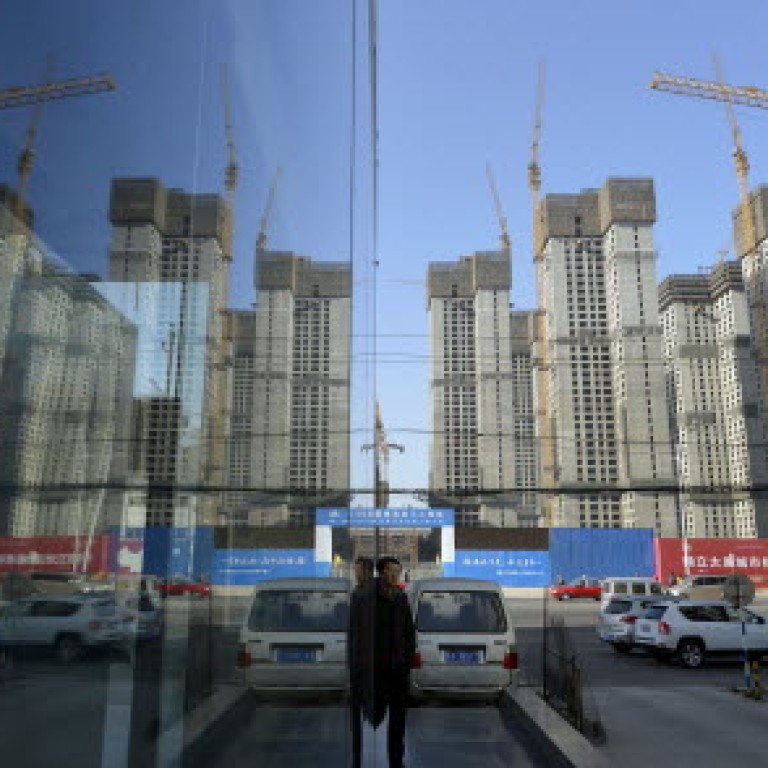
China's urbanisation policy is based on flawed thinking
Policymakers in Beijing think moving people out of the countryside will spark growth. But growing cities are an effect of wealth, not a cause
In their search for a new driver of economic growth, China's leaders have fixed on urbanisation as the main engine of future development.
Their policies are based on flawed reasoning.
In bald numbers, that would entail some 300 million country-dwellers moving to cities, or almost the population of Beijing each year.
China's planners believe this enormous shift will power the country's economic growth over the next couple of decades.
You can see why. City-folk tend to work in factories or in service industries, rather than in agriculture. As a result, they are more productive than their country cousins.
And because they are more productive, townies are better paid, which means they spend more than peasant farmers.
China should invest more in education and infrastructure for country-dwellers
As a result, reason China's planners, urbanisation will both lift per capita incomes, driving economic growth, and boost household spending, rebalancing the economy towards more consumption.
It's a neat idea, but there are some big problems with it.
For one thing, there is surprisingly little evidence that increasing urbanisation really does propel economic growth.
Sure, there is a between increasing urbanisation and rising gross domestic product per head. But as any statistician will tell you, correlation is not causation.
In a new study, Wan Guanghua at the Asian Development Bank and Anett Hofmann of the London School of Economics have attempted to tease apart cause and effect.
To work out what drives what, they built a model relating income growth to urbanisation rates, as well as to a range of other factors, including education standards, prevalence of industry, extent of trade and quality of infrastructure.
As they expected, they found a strong link between income and urbanisation. But when they controlled for other elements like education, the correlation immediately disappeared.
In other words, it is not urbanisation itself that powers growth, but rather advances in education, gains in technological sophistication and other improvements in economic structure.
Urbanisation is just an effect. As Wan and Hoffman put it: "the direction of causality runs from GDP growth to urbanization, rather than vice versa".
Far from urbanisation powering growth, they estimate that a 1 percentage point increase in GDP growth tends to cause a 0.9 percentage point rise in the urbanisation rate.
This conclusion carries important implications for China's growth strategy. Clearly urbanisation by itself will not ensure future economic growth.
Of course, it is likely that families will still move from the country to the cities to take advantage of better schooling for their children, and better pay for themselves; both of which will boost their incomes.
But the availability in cities of better schooling, more productive jobs and better infrastructure is not the result of urbanisation, but the upshot of government policies which have cosseted an urban elite by allocating them a disproportionate share of public resources at the expense of the countryside.
As Chandran Nair, chief executive of Hong Kong's Global Institute for Tomorrow, points out: "In China, less than 10 per cent of government spending in the 1980s and 1990s was allocated to the rural economy, despite the fact it supported 75 per cent of its people."
So if China's leaders really want to find a new source of growth, they shouldn't blindly pursue urbanisation. By itself that won't work.
Instead they should invest more in education and infrastructure for country-dwellers, boosting their incomes for the good of China's future growth.


